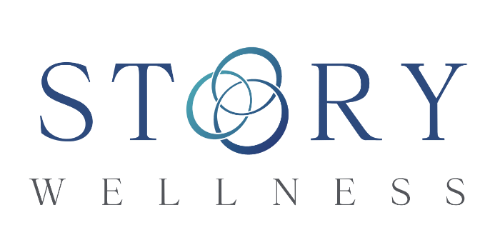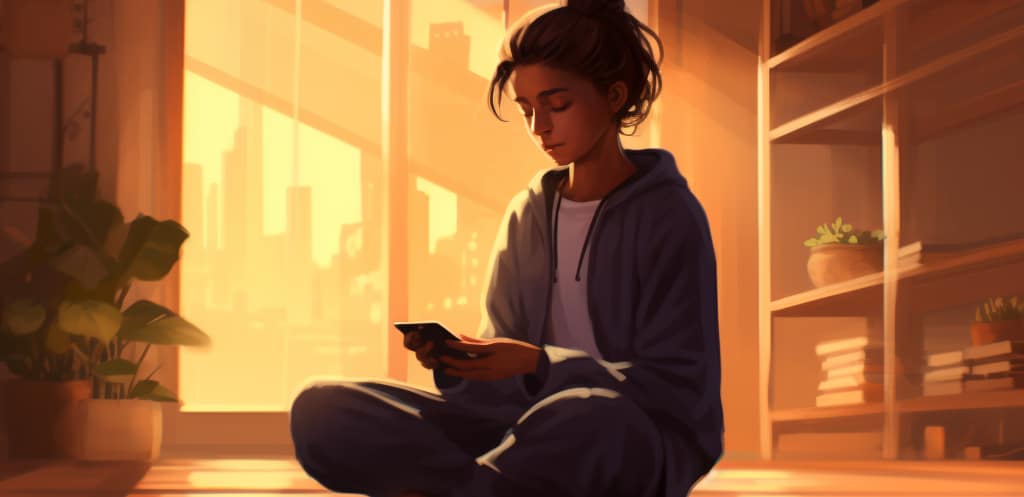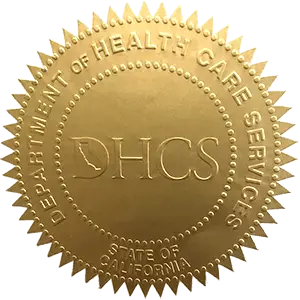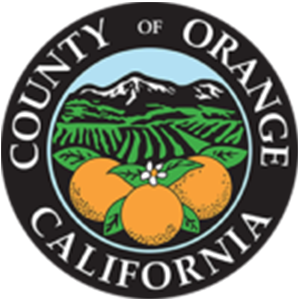In the swirling world of social media, we orbit around glowing screens, each like little suns in our hands. We’re drawn to the light – the connection, the community, the cat videos. But lurking in the shadows of these bright lights are some darker truths, especially when it comes to depression. Let’s talk about the good, the bad, and the downright ugly of social media and depression—a deeper dive into its complex relationship with our mental health.
The Good: A Web of Support
Let’s start with the good, because, like a plant reaching for the sun, we need to lean into the light. Social media can be a lifeline, a digital village square where support and understanding are just a post away. For those wrestling with social media and depression, these platforms can offer a sense of belonging. There are communities where your voice can be heard, where your feelings are validated, and your experiences are shared.
In this digital age, a tweet can be a tiny window into someone’s soul, a blog post a mirror reflecting your own struggles. It’s a place where mental health advocates can break the silence and stigma, one share at a time. And let’s not forget the educational aspect – social media has the power to spread awareness and understanding about mental health issues like wildfire.
Contact Story Wellness
Social Media and Depression: The Bad
Now, for the bad – and it’s a tricky beast. Imagine scrolling through your feed: perfect bodies, perfect vacations, perfect lives – an endless parade of perfection. Social media can often feel like you’re always invited to a party you never feel dressed up enough for. This constant comparison can be a slippery slope into the depths of depression.
We begin to measure our behind-the-scenes mess against everyone else’s highlight reels, forgetting that these are curated snapshots, not the full picture. This comparison game can chip away at self-esteem, leaving us feeling inadequate and isolated – prime breeding ground for depressive thoughts.
The Ugly: The Echo Chambers of Negativity
Then, there’s the ugly – the echo chambers where negativity reverberates. Social media, for all its connective power, can also be a cave of trolls, cyberbullying, and unfiltered cruelty. For someone grappling with depression, these spaces, and the anonymous people that lurk there, can amplify feelings of worthlessness and despair.
Moreover, the addictive nature of these platforms can lead to overuse, which studies have linked to increased risks of depression. It’s like being stuck on a merry-go-round that’s spinning too fast – dizzying, disorienting, and hard to step off.
What Other Mental Health Issues Are Affected bb Social Media Use?
Anxiety
First, there’s the whirlpool of anxiety. Social media, with its barrage of notifications, its endless scroll of updates, can be like an anchor dragging your peace of mind down into the depths.
The constant comparison, the fear of missing out (FOMO), the pressure to present a perfect life – it’s a recipe for anxiety. Your heart races as you post something personal, and then wait… and wait… for the validation in likes and comments. It’s like throwing a party and constantly peeking out the window to see if anyone will show up.
Self-Esteem Issues
Social media can also trigger a riptide of self-esteem issues. It’s all too easy to fall into the trap of comparing your real life to someone else’s highlight reel. You see the successes, the vacations, the seemingly perfect lives, and it can make your own life feel small in comparison. This constant comparison can erode your self-esteem, leaving you feeling unworthy and inadequate.
Addiction
And let’s not forget the high seas of addiction. Social media, with its endless stream of content, can be addictive. It’s designed to keep you scrolling, to keep you engaged, to keep you coming back for more. This addiction can lead to a neglect of real-life relationships and responsibilities, creating a cycle of dependency that’s hard to break.
Finding Safety in Social Media and Depression
So, what do we do? We find safe harbor. We learn to navigate these waters with care. Set boundaries with your social media use – limit your time, curate your feed, engage with intention. Remember, social media is just one part of the vast ocean of life. Don’t let it steer your ship.
Most importantly, anchor yourself in the real world. Cultivate real-life connections, engage in activities that bring you joy, and seek professional help if the waters get too rough. Remember, it’s okay to seek refuge in a harbor when the seas of social media and depression become too stormy.
In the words of Rumi, “The wound is the place where the Light enters you.” Let your struggles with social media be the cracks through which the light of self-awareness and healing enters. With this light, navigate your way to calmer seas.
Check in With Story Wellness
In the whirlwind of social media, it’s easy to lose your footing. If you find yourself buffeted by the storms of anxiety, depression, or any mental health challenge stirred up by the digital world, remember, you’re not alone. Story Wellness in Orange County, CA, offers a haven from the storm.
We understand the complex interplay between social media and mental health. Our team provides compassionate, personalized care to help you navigate these modern challenges. We offer a range of services, from therapy to support groups, tailored to your unique journey.
Don’t let the turbulence of social media capsize your wellbeing. Reach out to Story Wellness at 866-476-2823. Together, we can find your calm amidst the chaos, helping you sail towards a healthier, more balanced life. Your story matters, and it’s far from over. Let us be a part of your next chapter.
